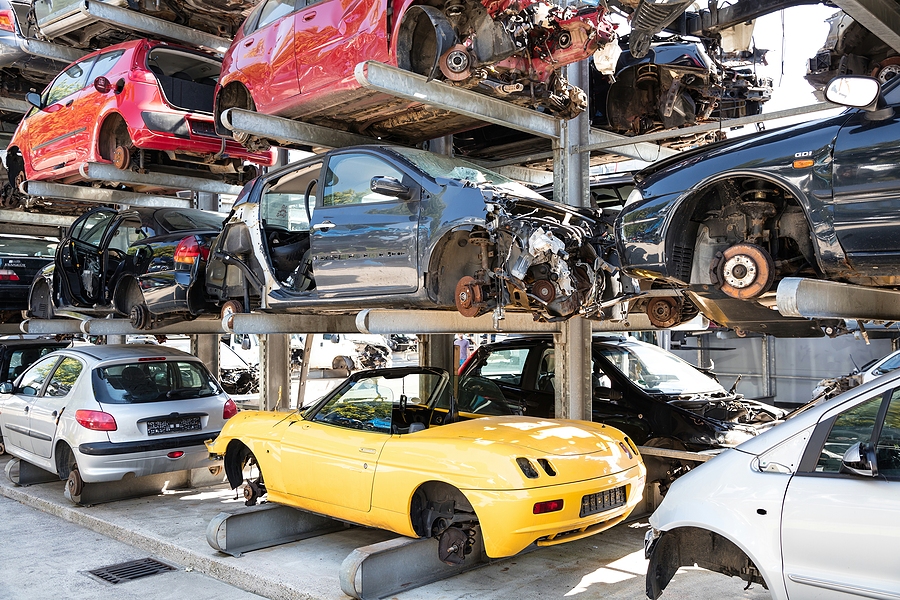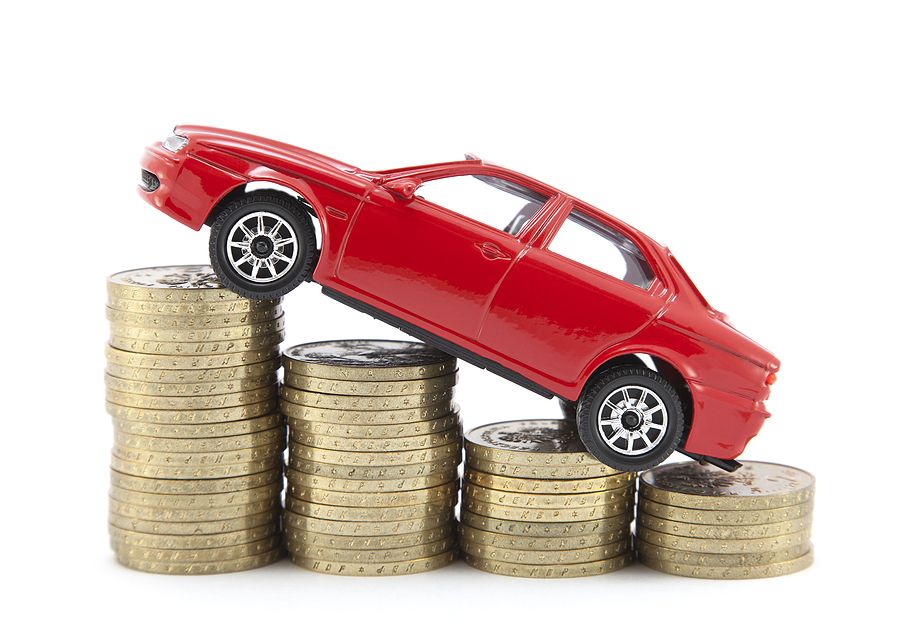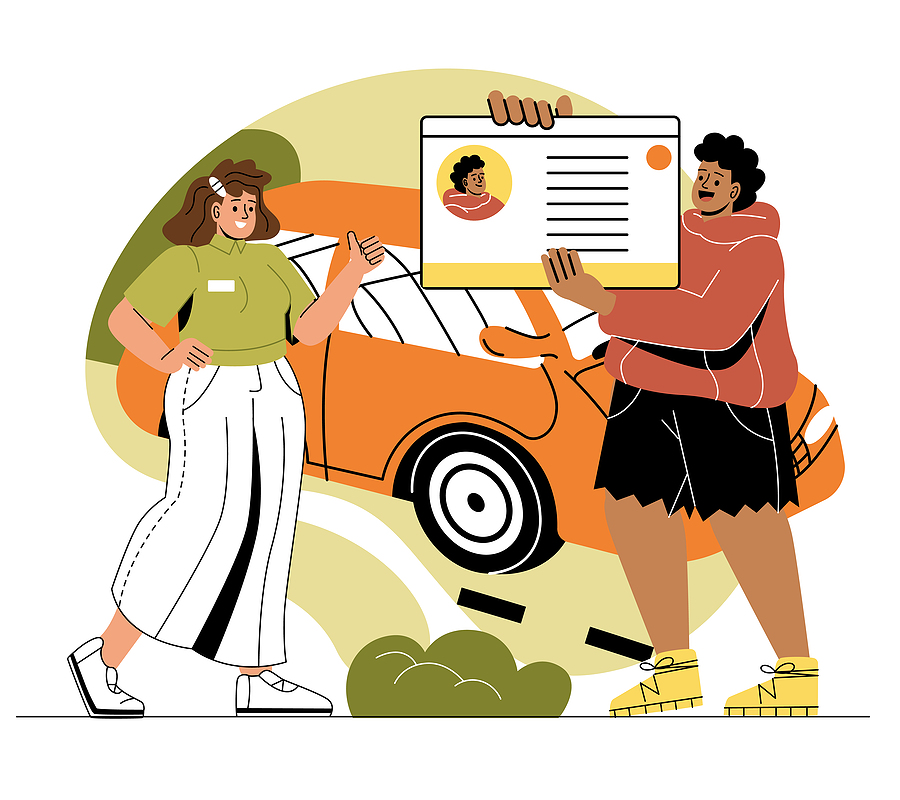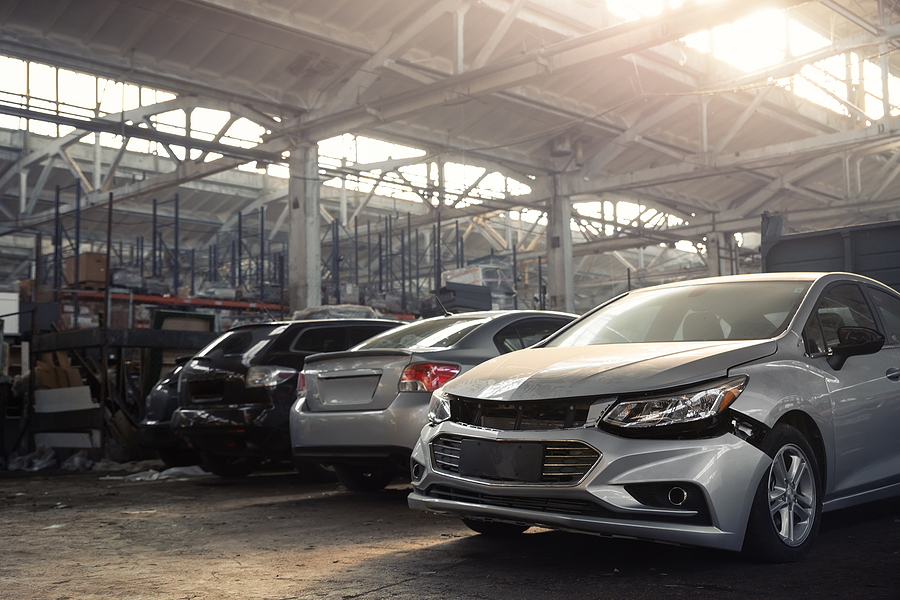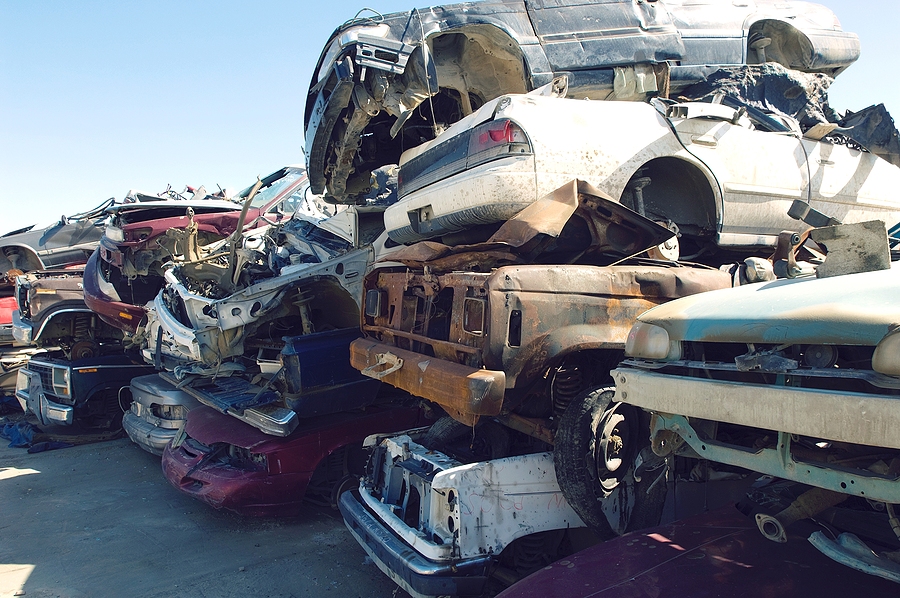Losing an important document is stressful. One moment you know exactly where it is, and the next, it’s vanished into thin air. While losing a receipt is annoying, losing your vehicle’s certificate of title can feel like a major roadblock—especially if you are planning to sell your car, transfer ownership, or use it as collateral.
Your car title is the ultimate proof of ownership. Without it, you cannot legally transfer the vehicle to someone else. Fortunately, if you are in Indianapolis, the process for replacing a lost, stolen, or damaged title is straightforward once you know the steps. The Indiana Bureau of Motor Vehicles (BMV) has specific procedures in place to help you get back on the road (legally speaking) as quickly as possible.
This guide will walk you through exactly how to apply for a duplicate car title in Indianapolis, ensuring you have the right documents and know what to expect during the process.

Replacing a Lost of Stolen Car Title in Indianapolis
Step 1: Gather the Required Documents
Before you head to a BMV branch or log online, you need to ensure you have the necessary documentation. The BMV is strict about paperwork; having everything ready beforehand will save you from the frustration of a rejected application.
To apply for a duplicate title, you generally need the following:
- Proof of Identity: You must present an unexpired photo ID. Acceptable forms include an Indiana driver’s license, a state-issued ID card, a US passport, a military ID, or a school ID.
- Vehicle Information: You will need the Vehicle Identification Number (VIN) to ensure the title is generated for the correct car. It is also helpful to know the year, make, and model.
- Lien Release (If Applicable): If you previously had a loan on the vehicle but have paid it off, you must provide a lien release. A duplicate title cannot be issued with a lien unless it is being mailed directly to the lienholder. If the lien is still active, the duplicate title will be sent to the lender, not you.
- Application Form: The official document needed is the Application for Certificate of Title for a Vehicle – State Form 205.
Step 2: Complete the Application
State Form 205 is the primary document you will need to fill out. You can download this form from the IN.gov website or pick one up at any Indianapolis BMV branch.
When filling out the form, accuracy is key. You will need to provide:
- Owner Information: Your full legal name and current address.
- Vehicle Details: The VIN, year, make, model, and current odometer reading.
- Reason for Request: You must indicate why you need a duplicate (e.g., lost, stolen, mutilated/destroyed).
If you are filling this out because the original title was damaged (mutilated), you should be prepared to surrender the damaged title when you submit your application.
Recycle Your Scrap Car Today & Earn Instant Cash! ✨
Step 3: Pay the Fees
Nothing at the BMV is free, but the cost for a duplicate title is relatively standard. As of 2024, the fee for a duplicate title in Indiana is $15.00.
If you are in a rush and need the title processed faster than the standard timeline, you can opt for a “Speed Title.” This service costs an additional $25.00 (bringing the total to $40.00).
Accepted payment methods include:
- In-Branch: Cash, check, Visa, MasterCard, Discover, or American Express.
- Online (myBMV): Credit/debit card or e-check.
- By Mail: Check, cashier’s check, or money order payable to the BMV. (Note: Personal checks are not accepted if your address is out-of-state).
Be aware that credit and debit card transactions usually incur a small processing fee.
Step 4: Submit Your Application
Residents of Indianapolis have a few different options for submitting their duplicate title application. Choose the one that best fits your schedule and urgency.
Option A: Online (The Fastest Method)
The most convenient way to replace your title is through the myBMV portal.
- Log in to your myBMV account.
- Navigate to the “Titles” section.
- Select the vehicle that needs a replacement title.
- Verify your address and details.
- Pay the fee via credit card or e-check.
Note: You cannot process a duplicate title online if your address has changed since your last registration or if there is an issue with your lien status.
Option B: Visit a BMV Branch or BMV Connect Kiosk
You can visit any BMV branch in the Indianapolis area.
- Bring your photo ID and vehicle information.
- Fill out the application at the branch (or bring your pre-filled Form 205).
- Pay the fee at the counter or kiosk.
Using a BMV Connect Kiosk allows you to skip the line. You simply scan your driver’s license, select “Duplicate Title,” and follow the on-screen prompts.
Option C: By Mail
If you prefer not to visit a branch or use the internet, you can mail your packet.
Send your completed State Form 205, a copy of your photo ID, and your payment (check or money order) to:
Indiana Bureau of Motor Vehicles
100 N. Senate Ave., Room N411
Indianapolis, IN 46204
How Long Will It Take?
Patience is a virtue, especially when dealing with government documents.
- Standard Processing: Typically, it takes up to 21 calendar days to process and mail a standard duplicate title.
- Speed Title: If you paid the extra $25 for a speed title, the processing time is substantially shorter. It is usually mailed via FedEx Ground (for standard addresses) or USPS Priority Mail (for P.O. Boxes).
If you have not received your title after 21 days, you should contact the BMV Contact Center to check the status of your application.
Keeping Your New Title Safe
Once that crisp, new title arrives in the mail, your first instinct might be to put it in your car’s glovebox. Do not do this.
If your car is stolen and the title is in the glovebox, the thief effectively has everything they need to transfer ownership or sell the vehicle. Instead, treat your title like a birth certificate or social security card. Store it in a secure, fireproof safe at home or a safety deposit box.
Conclusion
Getting a duplicate car title in Indianapolis is a manageable administrative task. By gathering your ID and vehicle details, filling out State Form 205, and choosing the submission method that works for you, you can secure your proof of ownership without a headache. Whether you choose the convenience of myBMV or the traditional mail-in route, the process is designed to help you regain legal control of your vehicle.
Ready to sell your old car?
If you are digging up your title because you are ready to get rid of an old, damaged, or non-running vehicle, we can help. We buy junk cars across Central Indiana and recycle them responsibly, offering free towing and instant payment. Call Us Today to recycle your junk car for cash on the spot!
Related Post: Scrapping Your Junk Car in Indiana: What You Need to Know About Car Titles

